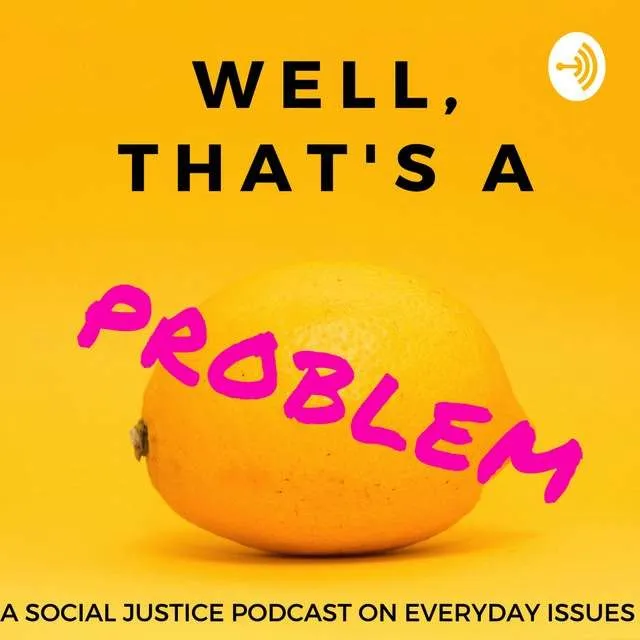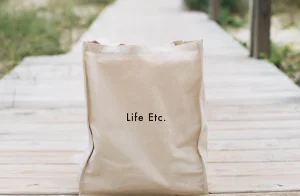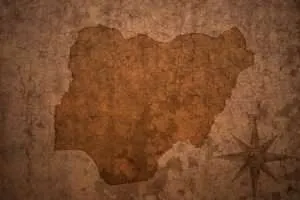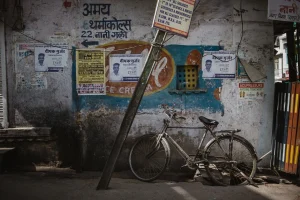I was entering the fourth year of my Sociology PhD program, the president of the Sociology Graduate Organization, working on two academic publications when I started Well, That’s a Problem. I had finished teaching my first college course in May, and I was working around 35 hours a week as a Teaching Assistant for a graduate-level statistics course at a summer research institute.
The thing is, being a graduate student is exhausting because of all the work, but that’s not why I started a podcast. I was tired of having excellent conversations with my brilliant friends, preparing lectures for classes, and reading and writing for my own classes or publications knowing that all of that gets stuck inside the “ivory tower” of academia. I get frustrated about the idea that my work might not make an impact on people who aren’t working at or attending universities. That sense of frustration really came to a head teaching my first class, Social Problems. I should say at this point, I loved teaching that particular class. Being able to make the syllabus and curate and structure the course to focus on all the social issues I care so much about was an incredible experience.
I connected my students with podcasts, TedTalks, articles, activist organizations, and textbook resources that helped them consider social issues more critically. We had excellent discussions as they worked through and shared personal experiences on given topics and I learned a lot, as well. Importantly, I learned a lot about myself. I learned that people find humor and inspiration in my rants about social issues.
Having that positive experience reminded me of my priorities and my passions and a podcast seemed like the perfect fit for my skill set. I love engaging with other people on social issues and connecting folks to resources for activism, research, and social change.
Well, That’s a Problem podcast is all about making complex social problems more visible and accessible. As a sociologist, I am able to use my knowledge to help challenge the idea of “what is normal” and draw attention to the number of ways in which social inequality negatively impacts society.
I love engaging with other people on social issues and connecting folks to resources for activism, research, and social change, but starting a podcast with these goals was not an easy task. It was terrifying to think about “putting myself out there” with something so vulnerable as my voice and my ideas.
I knew nothing about running a podcast going into it and I have definitely learned a lot along the way. For example, I once recorded a huge chunk of audio before realizing my mic wasn’t on (embarrassing). But I’ve also had difficulties making sure I know enough about the various topics my guests want to talk about so that I can be an effective host. It’s fun that I get to learn so many things during the recording, but I need a decent foundation so I can keep the conversation going (and maybe even sound intelligent).
One of the other difficulties I’ve encountered is trying to make sure that the tone of each episode is conversational, not academic. This is a tricky one when I’m interviewing a lot of smart people who are used to talking about these topics with academic jargon. But encountering and overcoming adversity is a totally normal part of trying something new, and it definitely allowed me to produce better content.
I have largely overcome any challenges by having awesome friends who support me and give me honest feedback. Two of my friends, Eric Wiemer and Aurea Bolaños Perea, both have experience running their own podcasts (The Communication Podcast and Guerreras respectively) and taught me everything I know. Aurea was brave enough to record my first episode with me, and even let me drop in on her podcast as well! That was an incredible experience to know that she believed in me and that at least my first episode would be gold because of her amazing contributions.
I also need to acknowledge my girlfriend and my sister, aka my consultants on retainer. They have both had countless conversations with me helping me make the tiniest decisions that were causing me stress. Anything from the transition music, the titles of the episodes, or the design of my social media promos. And I’m so grateful because without all of them on my team, I would have been too scared to begin this endeavor.
Well, That’s a Problem has got some big things coming! I’m working on connecting with social justice organizations to highlight the work they’re doing and plugging ways for my listeners to get more involved. I want to do what I can to elevate the fact that there are organizations doing the grassroots type of work that makes a difference in their communities. Check out these articles to read more about podcasting as embodied and engaged scholarship and podcasts as powerful socio-political forces!






